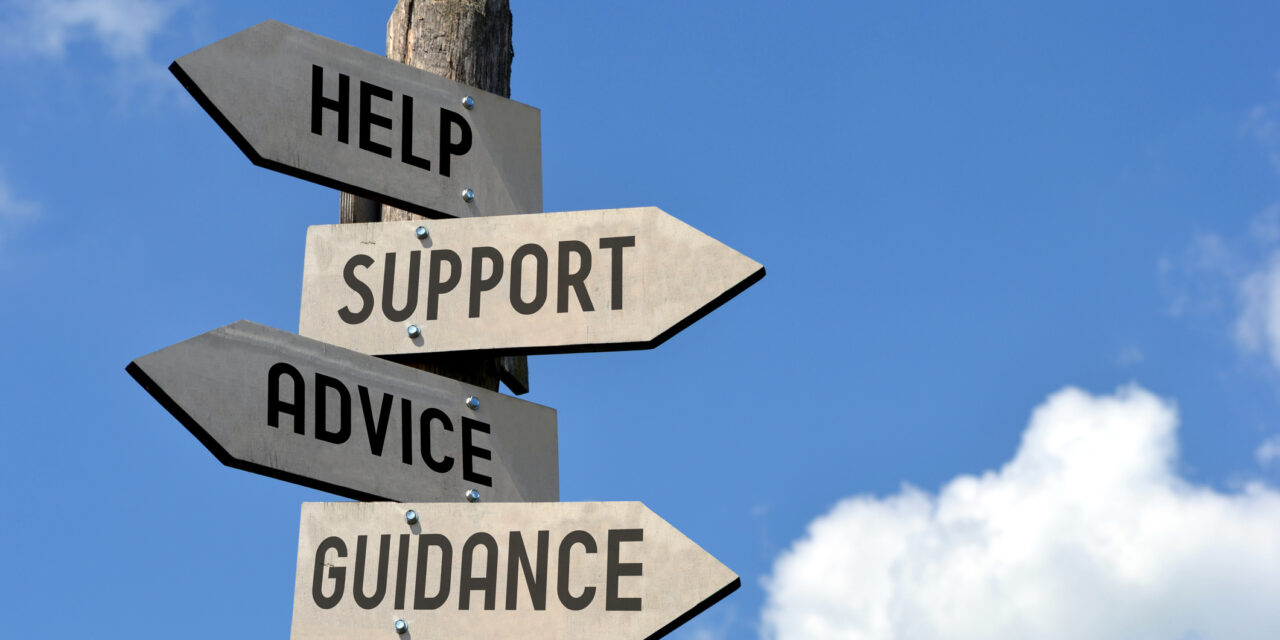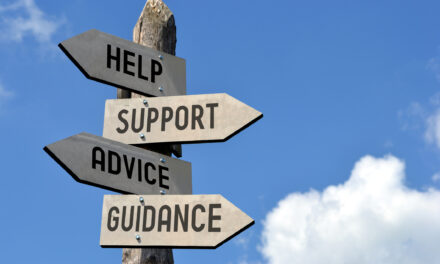Q: I teach in a large public middle school. There’s a new administrator in our building — though not my direct supervisor — who’s the definition of a “mean girl.” She has a select clique of teachers with whom she socializes outside of school, employs to give private sports coaching to her children, etc. She makes it very clear which staff members she likes and dislikes; unfortunately, I am not one of the chosen ones. She employs many of the same microaggressive tactics used by teens to bully each other — for example, she will be chatty and upbeat when talking to certain teachers, but when someone she doesn’t like walks in the room, she will become cold and unfriendly. This is just one of the unpleasant behaviors she exhibits on a daily basis. Since her behavior is mostly a series of microaggressions (and nothing truly egregious), I’m not in a position where I have anything substantial to report about her to our principal or higher. I’m stuck tolerating her as a workplace mini-bully. How do I change my mind-set to not let her unpleasant demeanor impact my job performance?
A: Some people never outgrow those behaviors, while others don’t act out until they obtain a bit of power. Either way, it’s ironic that this administrator is cliquey in a middle school, where modeling inclusivity is especially important. Engaging in behavior for ephemeral status is shortsighted. Power dynamics can shift, and there’s a psychic cost to meanness even when there are social benefits. Secure people don’t demean others and are more likely to forge durable, reciprocal relationships.
But while that may be validating, it doesn’t answer your question. You want to change your mind-set so her coldness doesn’t impact your performance. Let’s start from the inside out. Ask yourself, why is this hitting a nerve? Does it trigger old insecurities? Do you feel belittled in front of your colleagues? Has someone treated you this way in the past? You won’t find a good solution unless you identify the right problem. Your pain could be a signal that you need to cast a broader social net at work, spend more time with friends outside of the school or challenge your own thinking.
Let’s begin by examining the notion that she needs to like you. Why is this important? Yes, she’s an administrator, but she’s not your supervisor. Would you choose her as a friend if you met her somewhere else? Do you respect her? You’re in a large middle school, so presumably most teachers aren’t in her select clique. You’re far from the only one outside that inner circle. And that’s OK. As bullying expert Sameer Hinduja recently told me, “People are always going to hate on you. How much does it really matter in the scheme of things?” We were talking about kids’ friendships, but we just as easily could have been discussing adults. If you look to examples from pop culture, politics, and sports, you’ll see that the people who have the most fans — and are doing good things — also have plenty of haters.
Next, let’s look at what you can do to manage these interactions, including trying less hard. Avoid her. Don’t attempt conversation. Why invite the unpleasantness? Focus on spending time with people you do like. That said, anticipate situations when you might have run-ins, and have a plan in place. If it helps, choose a mantra you can repeat in your head, such as “I don’t deserve to be treated this way.” Or try this simple strategy that Jessica Donovan, the head of Sheridan School, taught me. When dealing with a difficult person, round your fingers into a circular shape and hold your hand by your side. Then imagine the aggressor’s words going straight into your “trash can.” Yes, it’s silly and juvenile, and that’s exactly why it works. It forces you to take the situation — and yourself — a little less seriously. You also can try creating some emotional distance. Imagine a future version of yourself reflecting back on this one relationship. Do you think you’ll still consider it significant? This is a variation on the idea that “this too shall pass.” Since you feel targeted, I’d also look at your body language. Are you projecting “don’t mess with me” assertiveness? Stand up tall and maintain eye contact. If she’s mean to you in a group setting, walk away. No one wants to be perceived as mean, and your abrupt departure might call attention to the bad behavior. It’s a way of exerting positive social pressure.
You can’t report someone for changing their tone of voice, which you recognize. If you’re comfortable speaking up, you could give direct feedback, but it may not be worth it. If your school uses climate surveys, you could express your complaint there. In the meantime, there’s an upside. You’ll probably come out of this whole situation more empathetic, and with a more nuanced understanding of human behavior. You may even let go of the need to be liked by everyone. It’s hard to tolerate interpersonal discomfort, but not every problem can be fixed. This won’t be the last time you encounter someone mean. She’s not worth it — focus on yourself and your students instead.
Have a question that you’d like Career Confidential to answer? Email to careerconfidential@pdkintl.org. All names and schools will remain confidential. No identifying information will be included in the published questions and answers.
ABOUT THE AUTHOR

Phyllis L. Fagell
Phyllis L. Fagell is the school counselor at Landon School in Washington, D.C., a therapist at the Chrysalis Group in Bethesda, Md., and the author of the Career Confidential blog. She is also the author of Middle School Matters and Middle School Superpowers, available at https://amzn.to/3Pw0pcu.









